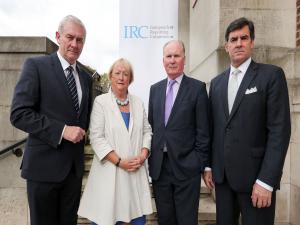
By Rebecca Black, PA
Paramilitarism remains a “clear and present danger” in Northern Ireland, a new report has found.
The Independent Reporting Commission (IRC) said it understands from police that there remains thousands of “signed up” paramilitary members.
The report said that while “only a relatively small number” are involved directly in specific illegal activities, the continued existence of groupings of such scale is in itself a “clear and present danger on an ongoing basis”.
It goes on to warn that issues around Brexit and the legacy have the potential to “further and greatly complicate” the ending of paramilitarism.
The IRC published its third report on Tuesday around progress towards ending continuing paramilitary activity.
It noted a downward trend in security-related incidents over the last 10 years, but an increase in paramilitary-style assaults.
Those type of attacks were described as intended to “exert control over communities”.
Commissioners John McBurney, Monica McWilliams, Tim O’Connor and Mitchell Reiss said while they had found progress, they regarded the continuation of paramilitary activity as unacceptable.
Monica McWilliams IRC
“It is the express will of the people of Northern Ireland articulated in the Belfast/Good Friday Agreement of 1998 that violence has no place in the politics of Northern Ireland and that political viewpoints should be pursued through exclusively democratic and peaceful means,” they said.
“In our view, the continuation of paramilitarism 22 years after that agreement is against the wishes of the people, is without justification and should end.”
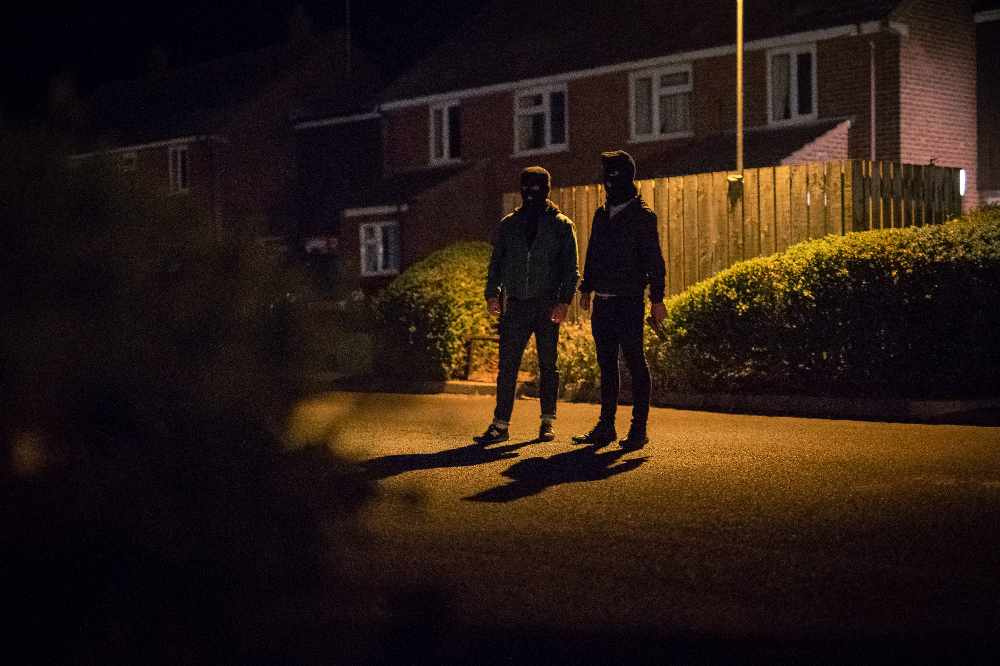
Outlining the grounds for hope they had found, the commissioners said the restored Stormont Executive provides a “major opportunity to reset the mission” to end paramilitarism.
They welcomed a new phase of the Tackling Paramilitarism Programme, but said it will require additional funding from Westminster and the Executive.
In the report the commissioners reiterated their view that ending paramilitarism requires a twin-track approach, combining policing and criminal justice responses alongside measures to address the systemic socio-economic challenges facing communities where paramilitaries operate, such as educational under-attainment, long-term unemployment, poverty and drugs.
The commissioners also reiterated their call for the Executive to consider setting up a dedicated Northern Ireland agency for the civil recovery of the proceeds of crime to further bolster the fight against organised crime.
With regards the past, the report recommends an increased focus on how that is remembered and reflected in current day events such as funerals, marking anniversaries, erecting murals, flags, memorials and plinths.
The commissioners additionally repeated their call from their 2019 report for consideration to be given to a transition process for paramilitary groups.
Justice Minister Naomi Long welcomed the publication of the report.
She said she intends to reflect on the recommendations with Executive colleagues, pointing out the Action Plan for Tackling Paramilitary Activity, Criminality and Organised Crime cuts across several departments.
“Whilst good progress is being made, lessons learned so far only serve to underline how the enduring and pervasive nature of paramilitarism requires a long-term, collaborative approach if we are to effectively resolve all of the issues,” she said.
“We can show, and have demonstrated, the value this critical work brings and I look forward to working with colleagues across all parties to continue the work of this vitally important programme, with the aim of achieving the ultimate goal of safer communities, resilient to paramilitarism, criminality and coercive control.”
The IRC started its work in 2017, flowing from a commitment by Westminster and Stormont to end paramilitarism in the 2015 Fresh Start Agreement.
It reports progress and makes recommendations. However, unlike the Independent Monitoring Commission (IMC) – which published its final report in 2011 – it does not provide detailed security or threat or status assessments of the various paramilitary groupings.


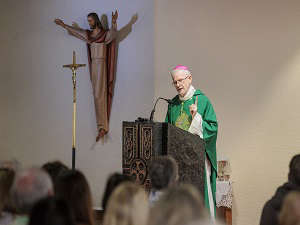 Co Down community ‘shaken and upset’ after priest attack and death of man
Co Down community ‘shaken and upset’ after priest attack and death of man
 Murder probe may be linked to ‘brutal attack’ on priest, say police
Murder probe may be linked to ‘brutal attack’ on priest, say police
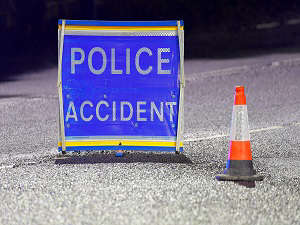 Woman and two children injured in road crash
Woman and two children injured in road crash
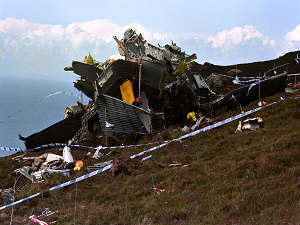 Chinook disaster families ‘disgusted’ after PM rejects inquiry calls
Chinook disaster families ‘disgusted’ after PM rejects inquiry calls